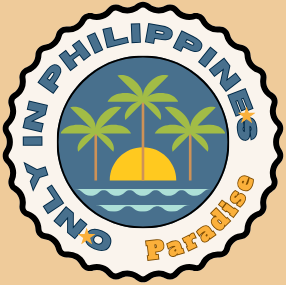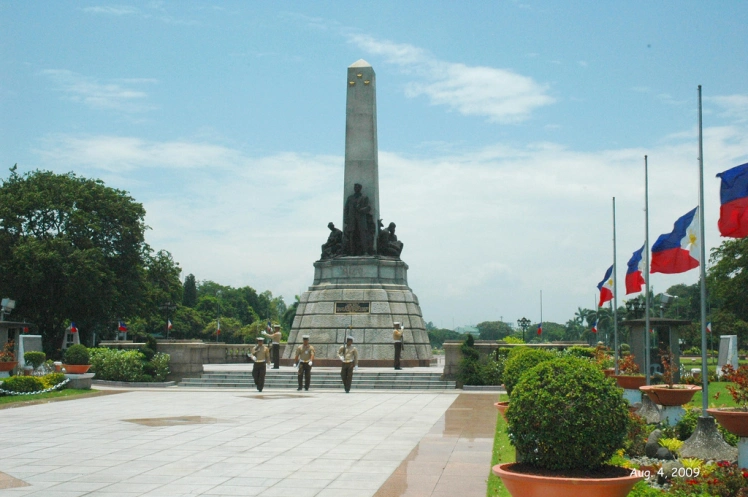- Jose Rizal was born on June 19, 1861, in Calamba, Laguna, Philippines, during the Spanish colonial period.
- He was the seventh child of Francisco Mercado and Teodora Alonso, a wealthy and educated family.
- Rizal showed exceptional intellectual ability from a young age. He excelled in his studies and learned several languages, including Spanish, Tagalog, Latin, Greek, German, and French.
- In 1878, Rizal enrolled at the Ateneo de Manila, where he earned a bachelor’s degree in philosophy and letters.
- He then traveled to Europe to pursue further studies. He attended the University of Santo Tomas in Madrid, where he studied medicine.
- Rizal also studied ophthalmology in Heidelberg, Germany, and Paris, France.
Writings and Activism
- While in Europe, Rizal became involved in the Propaganda Movement, a group of Filipinos who advocated for peaceful political reforms in the Philippines.
- He wrote two novels, “Noli Me Tangere” (Touch Me Not) and “El Filibusterismo” (The Subversive), which criticized Spanish colonial rule in the Philippines.
- These novels exposed the corruption, brutality, and injustices of the Spanish colonial government. They also called for reforms such as greater political representation for Filipinos, freedom of speech and assembly, and the improvement of education and healthcare.
- Rizal’s writings became popular among Filipinos and inspired the nationalist movement.
Return to the Philippines and Execution
- In 1892, Rizal returned to the Philippines after completing his studies. However, he was soon arrested by the Spanish authorities on charges of rebellion.
- He was tried and convicted in a rigged trial, and on December 30, 1896, he was executed by firing squad at Luneta in Manila.
- Rizal’s execution sparked the Philippine Revolution, which eventually led to the country’s independence from Spain in 1898.
Legacy
- Jose Rizal is considered a national hero of the Philippines. He is revered for his courage, patriotism, and intellectual achievements.
- His writings continue to inspire Filipinos today and are considered classics of Philippine literature.
- Rizal’s legacy is celebrated in the Philippines through numerous monuments, schools, and institutions named after him. His birthday, June 19, is a national holiday in the Philippines.
Additional details about Jose Rizal:
- Rizal was a polymath, meaning he was knowledgeable in many different subjects. In addition to being a doctor and writer, he was also a sculptor, painter, architect, and poet.
- He was a fluent speaker of 22 languages.
- Rizal was a skilled martial artist and swordsman.
- He was a devout Catholic, but he also criticized the abuses of the Catholic Church in the Philippines.
- Rizal’s personal life was marked by tragedy. He never married, and many of his loved ones, including his parents and siblings, were persecuted by the Spanish authorities.

